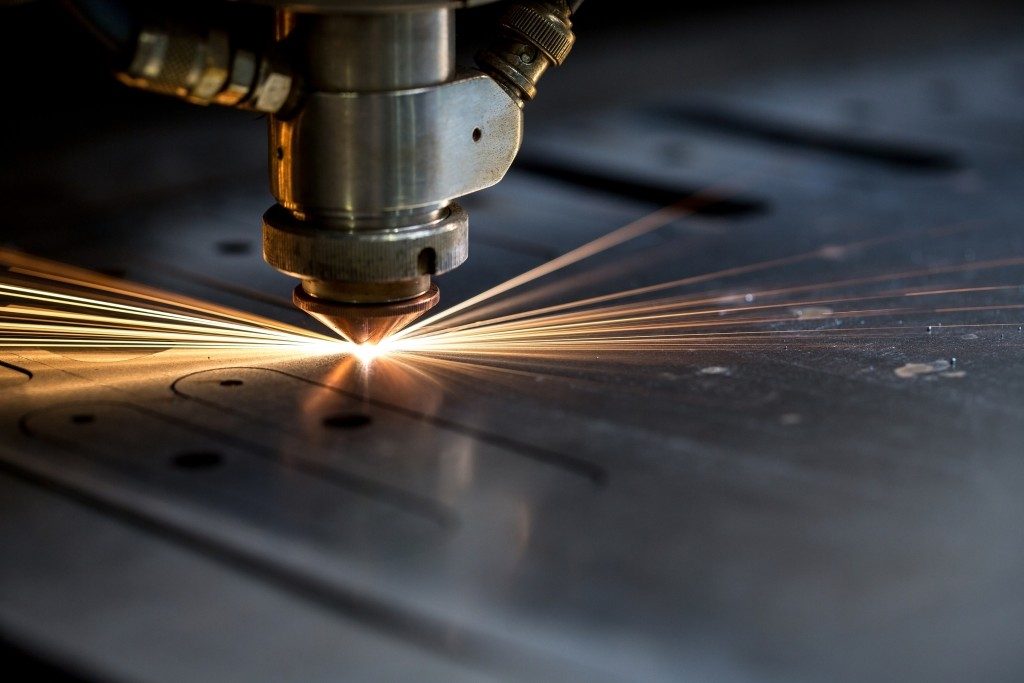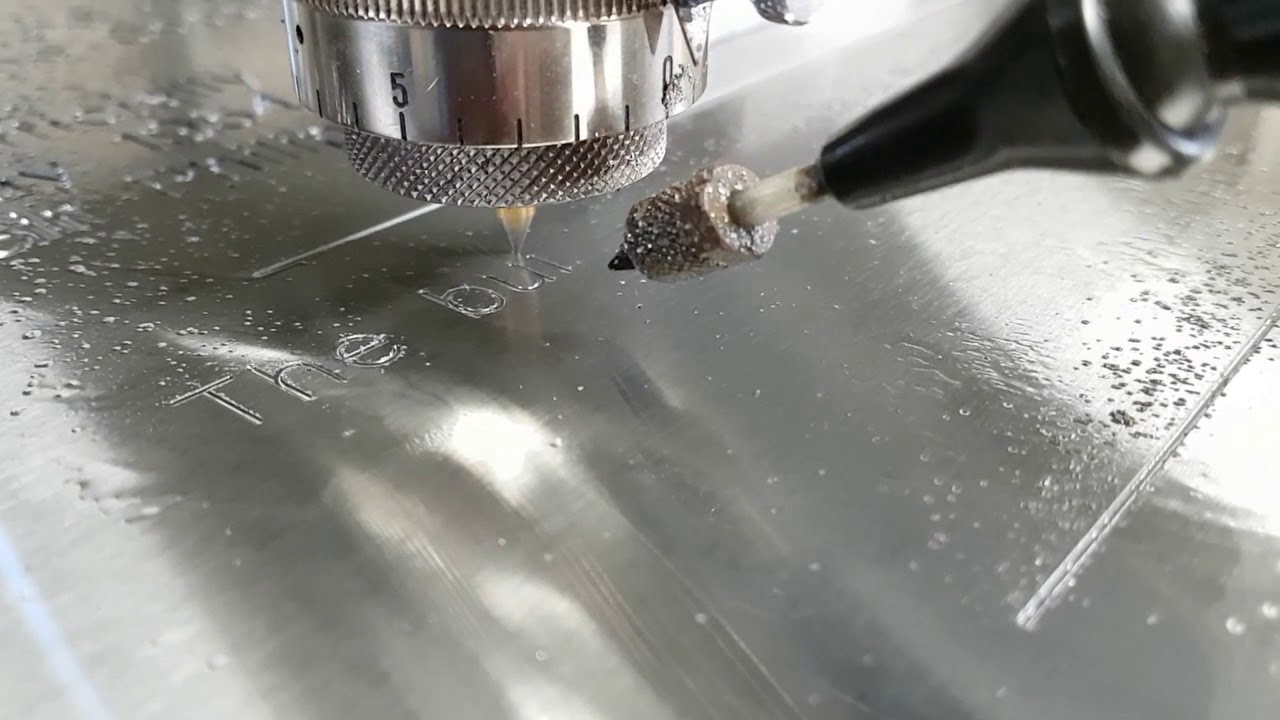In the world of metalwork and craftsmanship, engraving holds a special place. Artisans can add intricate designs, logos, or inscriptions onto metal surfaces, creating personalised and timeless pieces. To achieve this, one needs the right tools, and in this article, we will explore the different machines suitable for metal engraving.
Traditional Hand Engraving Tools
Let’s start with the traditional approach: hand engraving. Hand engraving is an ancient art that requires precision, skill, and patience. Artisans use handheld tools like gravers, burins, and chasing tools to carve intricate designs into metal surfaces. While this method demands exceptional craftsmanship, it allows for unparalleled detail and artistic expression. Hand engraving is often the choice for creating bespoke, one-of-a-kind pieces that showcase true artistry.
Pneumatic Engraving Machines
For those who seek precision and efficiency without the intensive labour of hand engraving, pneumatic engraving machines are an excellent choice. These machines use air pressure to power the engraving tool, providing consistent and controlled engraving. They are versatile and can be used on various metals, including steel, aluminium, and brass. Pneumatic engravers are favoured in industries like jewellery making, where intricate patterns and fine details are crucial.

Laser Engraving Machines
Recently, laser engraving machines have gained popularity for their speed and precision when you require an engraving machine for metal. These machines use lasers to etch designs onto metal surfaces with incredible accuracy. Laser engraving is ideal for producing high-quality serialised products, such as serial numbers or barcodes, on metal items. It’s also a preferred choice for creating intricate patterns on jewellery and personalising metal objects like phone cases and dog tags.
CNC Engraving Machines
Computer Numerical Control (CNC) engraving machines take precision to the next level. These automated systems use computer programs to control the engraving, ensuring consistent and highly detailed results. CNC machines can handle complex designs and are common in industries like aerospace and automotive for marking parts and components. They are also popular among hobbyists and small businesses for their versatility and ease of use.
Rotary Engraving Machines
Rotary engraving machines, or pantographs, use a spinning cutter to engrave designs onto metal surfaces. These machines are known for their versatility, as they can engrave on flat, curved, and irregularly shaped objects. Rotary engraving machines are commonly used for signage, nameplates, and industrial marking applications. They offer precise depth control and can produce sharp, detailed engravings.

Chemical Etching Machines
Chemical etching is a unique metal engraving technique involving chemicals to remove material from a metal surface selectively. While it may not be a machine in the traditional sense, it is a viable method for creating intricate and detailed designs on metal. Chemical etching is used in industries such as electronics, where fine circuits and patterns are required.
Impact Engraving Machines
Impact engraving machines, also known as dot peen markers, create engravings by striking the metal surface with a series of tiny, closely spaced dots. These machines are highly durable and can mark various metals, including hardened steel. Dot peen markers are often used in industrial settings for permanent part marking and identification, making them indispensable in manufacturing and assembly processes.
